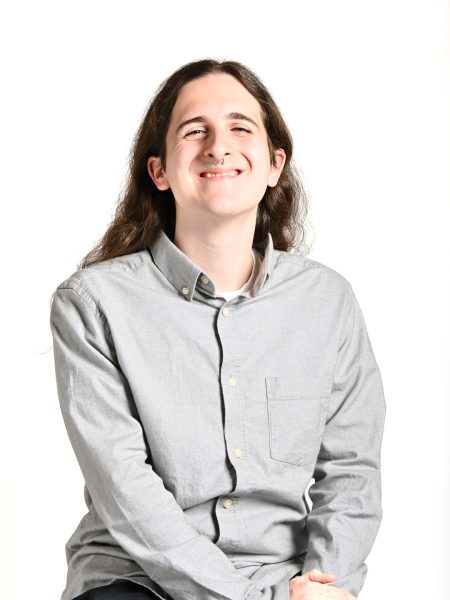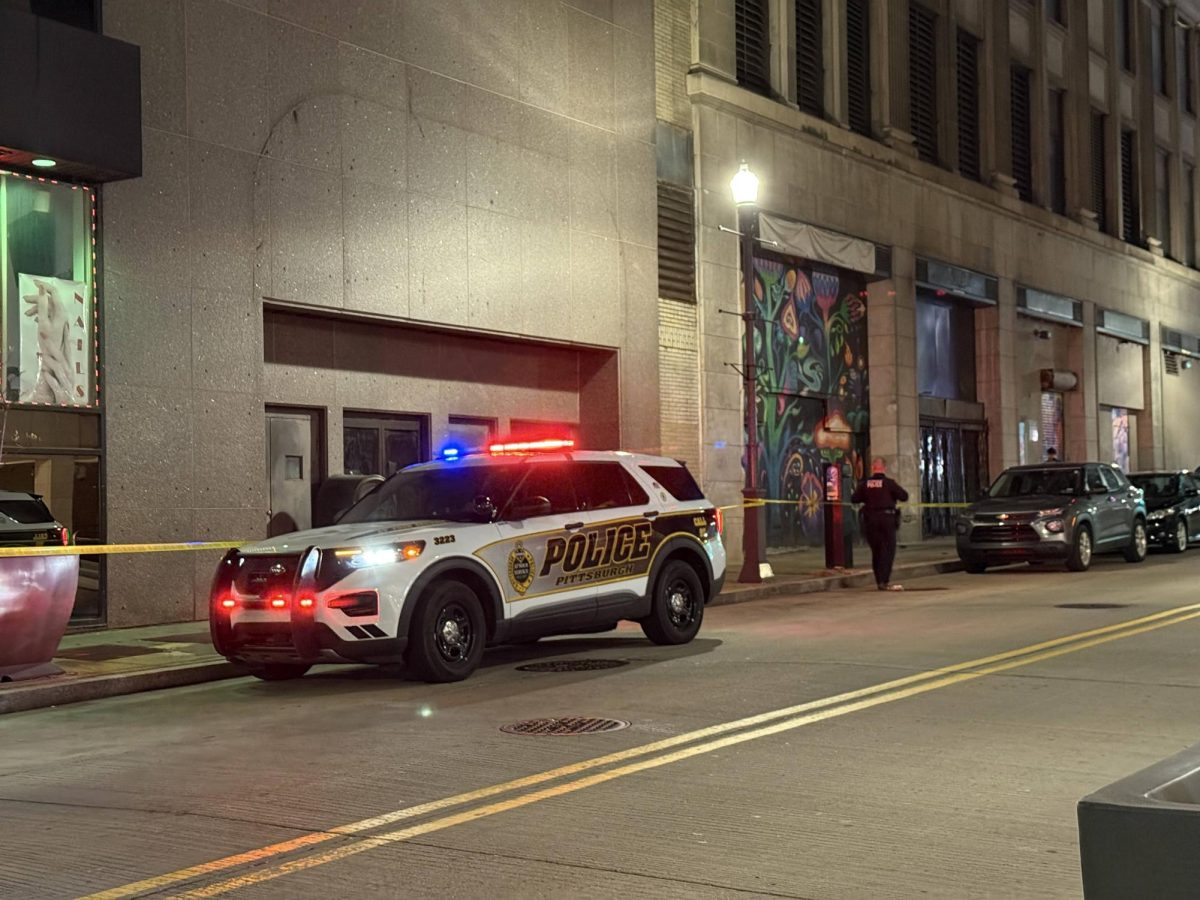On March 25, the town hall on LGBTQ+ experiences concluded early, with only two students showing up.
Neither student wanted to provide a comment to The Globe.
The first town hall, which occurred on March 14, was on BIPOC experiences within the university and also ended early due to a lack of participants.
According to an email sent by Tessa Chafin, manager of diversity, belonging and university training, the town halls are meant to be “an opportunity for us to come together as a community and explore the diverse experiences of our students.” Students are able to talk about their experiences at the university to a group of staff members, who can take what they hear and take action, based on what students told them.
Without any participants at the town halls, making changes based on student issues is difficult. Chafin believes the lack of student participants mirrors trends seen across clubs and events but is hopeful that students take advantage of the space to provide their thoughts, regardless if there are few participants or many.
“It’s really important for students to get engaged, especially in events like this where we’re asking for their feedback so we can make their experience better,” Chafin said. “It’s always going to be important to give students the opportunities to express their opinions and to give us feedback, so that we can continue to make this the best experience it can possibly be.”
Sarah Perrier, assistant vice president of academic affairs and the director for the center for inclusive excellence, thinks that students not speaking up could be based on fear but hopes that they overcome such worries and speak on what they believe matters.
“One of the things that a university is really created to accomplish is an exchange of ideas; we should be creating new ideas, examining old ideas, and we should be exchanging ideas all the time.” Perrier said. “It can feel very unsafe to speak up, and I think that people shouldn’t speak up if they don’t feel safe, but if people aren’t ready to engage with that, then we keep holding [town halls] so that they have an opportunity to come when they’re ready.”
Josie Brown, dean of the school of arts and sciences, stresses the importance of letting all students feel like they belong at the university, while noting that the school needs to address the reality of being a predominantly white institution (PWI).
“We want to have a campus where people feel like they belong, and these events help to create that climate; it helps us to have conversations, and it helps to give people a place to talk about what belonging means.” Brown said. “We need to have resources in place to support our marginalized communities, our BIPOC students, our LGBT students; there has to be support systems set up, and our students may be challenged to find those supports.”
The next and final town hall of the semester, which has a more general focus compared to the BIPOC and LGBTQ+ town halls, will take place on April 9 in room 200 of Lawrence Hall.






